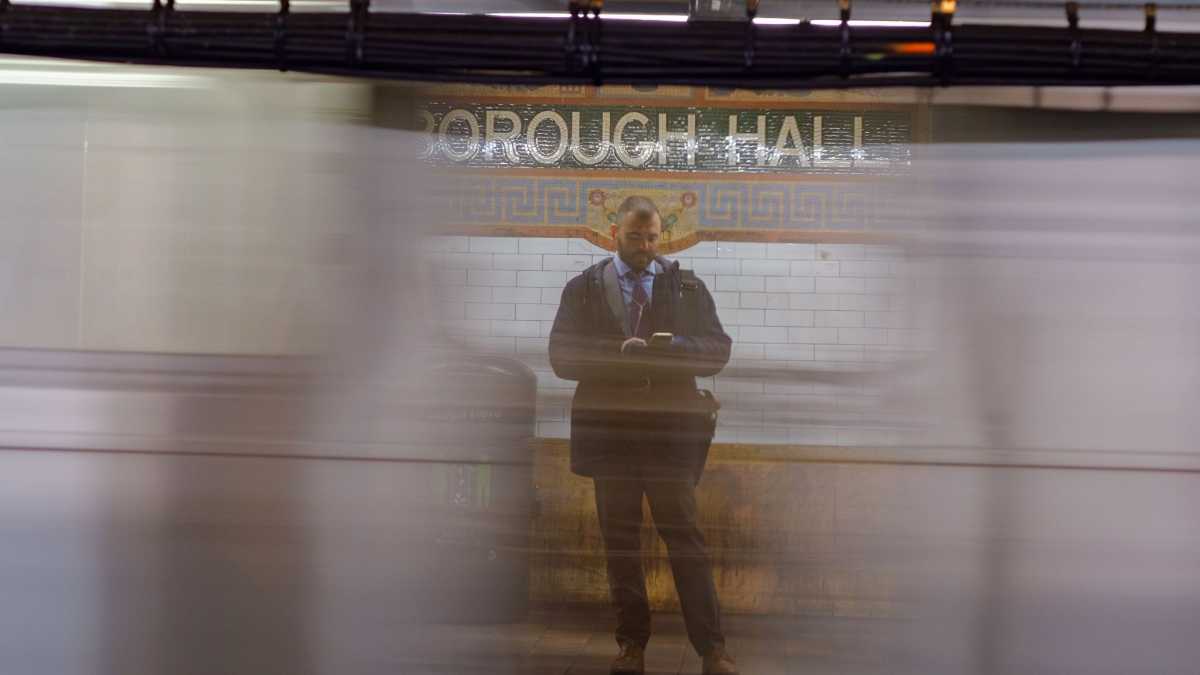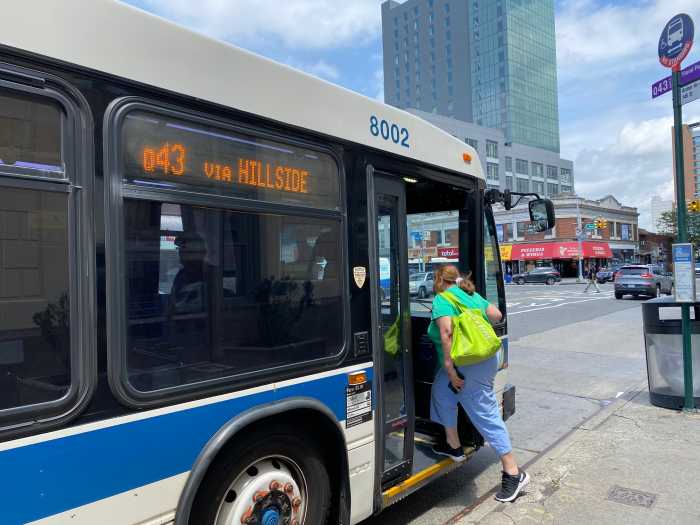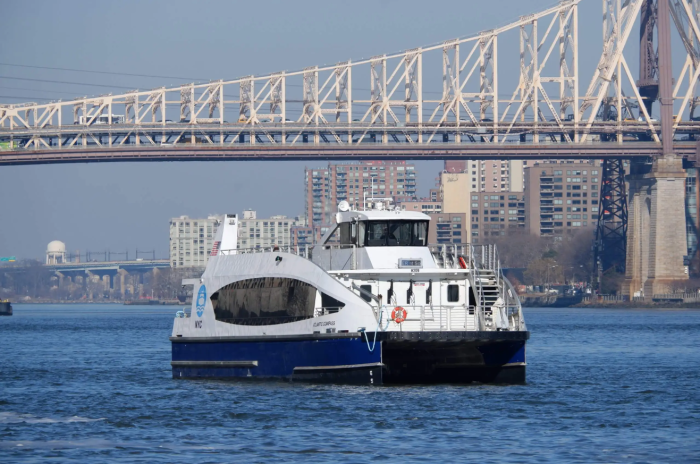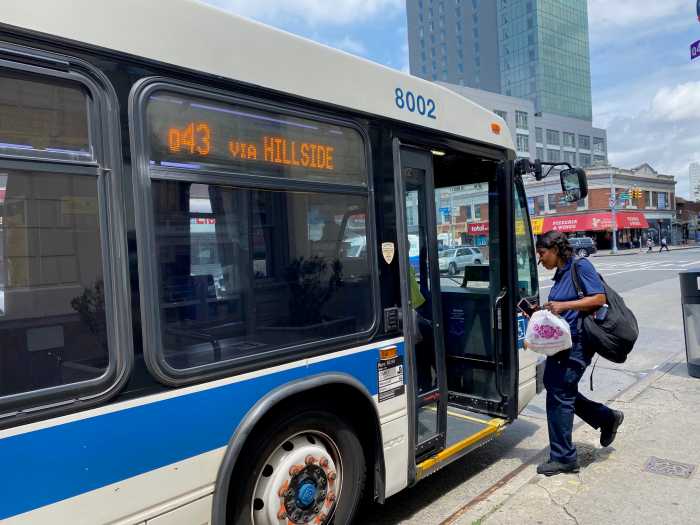Republican leaders across the state are calling on Senate Majority Leader Mitch McConnell to deliver $3.9 billion in stimulus funding to the Metropolitan Transportation Authority, to assist the recovery.
The letter signed by Congressmen Peter King and Lee Zeldin, as well as state Senator John Flanagan, among others, draws similar conclusions to calls from the Democratic Congressional Delegation in previous calls to the federal government: that transit needs funds if the northeast is to bounce back from the COVID-19 crisis.
“The MTA’s financial future is at risk without federal relief. COVID-19 has blown a massive hole in its budget. The global consulting firm McKinsey & Co. estimates the full 2020 impact to be between $7 billion and $8.5 billion due to massive revenue losses caused by disappearing ridership and the evaporation of state and local taxes that support the MTA,” the letter states.
The 18 signees are in agreement with the MTA’s assessment that without federal help, the agency will have to rely on fare and toll hikes; something they hope to rule out for the sake of their constituents who are experiencing economic hardship.
“We can help put them back to work by protecting the MTA and its historic $51.5 billion Capital Program – which is projected to generate 350,000 jobs statewide, 25 percent of which are outside of New York City,” the letter continued. “The bottom line is that the MTA is too important – to the country, not just to New York – to be left for dead.”
As crisis began biting into the MTA’s ridership numbers – which plunged over 90% early on in the pandemic – the agency began requesting $3.9 billion from the federal government to circumvent massive deficits and fund operation. The CARES Act delivered those funds in a matter of weeks.
While agency leaders expressed gratitude to Washington D.C. politicians for delivering, the stimulus funds only met a low estimate of what would be needed over the course of 2020 – $4 billion to $8 billion.
But the situation may not be as dire as would appear on the surface.
The MTA has seen early indicators that riders will return to the subways and buses as the first week of New York City’s reopening saw a quick jump in ridership numbers with the addition of 213,000 new commuters. This brought the total of daily riders to 800,000, representing a 17% increase from the week prior on subways alone.
But New York City Transit alone still has some way to go before reaching 5 million daily riders, the high water mark left before COVID-19 made its way onto the scene in March.






































